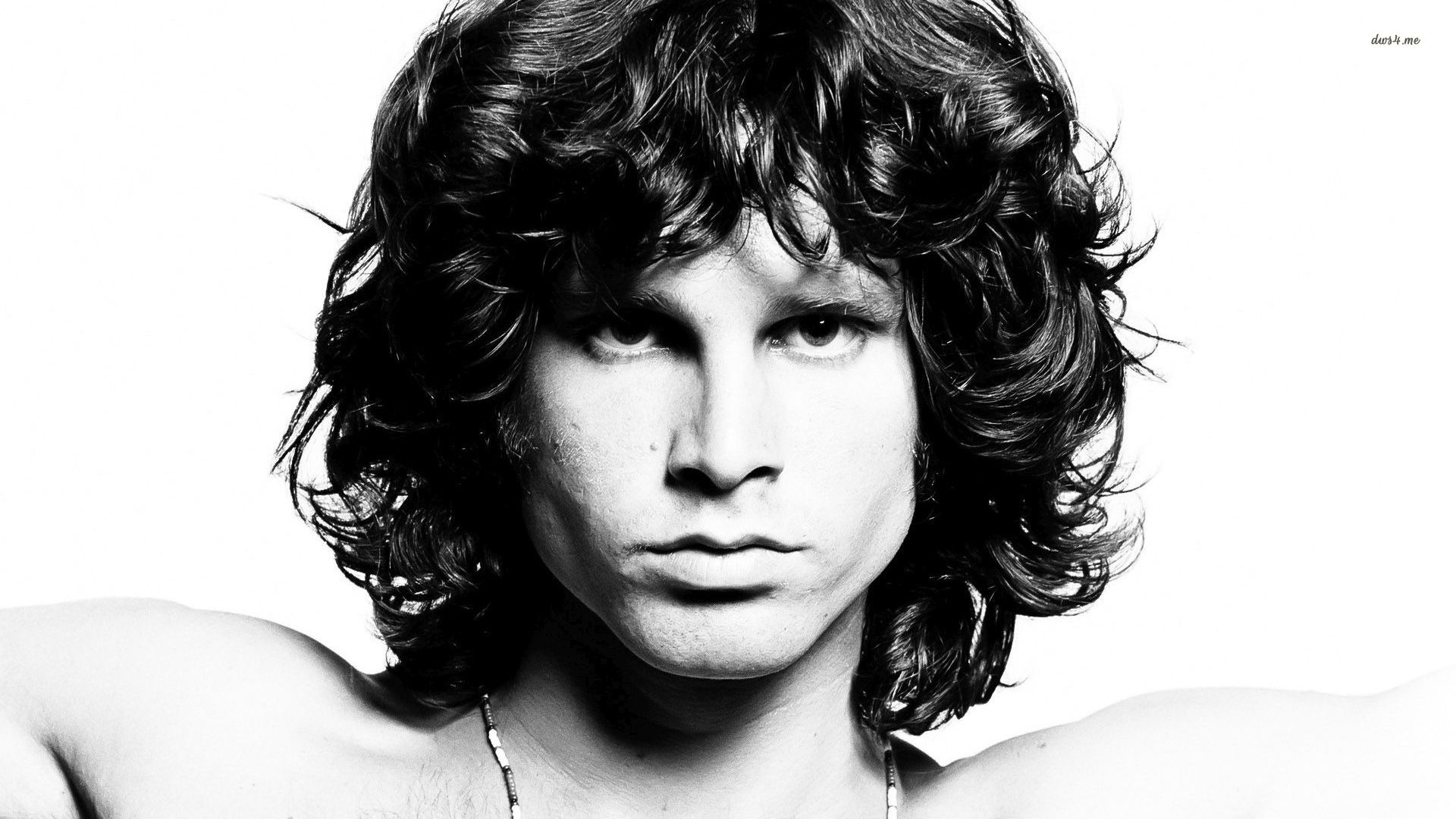Zander Butler responds to Sophia Simon-Bashall’s article on Justin Bieber
Since the industrial revolution, our society has shifted from a production based ethic to a consumption based one. Concurrently, this has impacted the culture industry, thus changing how people consume/produce music and view musicians. Talented artists get sucked into the culture industry straight away, through talent scouts/shows and arguably they start the process of being commercialized for producer profits. Often referred to as “selling your soul to the devil”, they are trapped within binding contracts and find they don’t have much room for manoeuvre within their own individuality and creativity as anything too risky proposes a threat to consumer sales.
In contemporary society, a lot of popular musicians have been standardized and sold as products to the mass population in order to meet sale statistics as the pre-packaged clichés which they produce are known to be successful and the populous accepts this. If you look anywhere within recent western history, you can see that musicians that have been sold and commercialized as icons are not hugely appreciated for their music but actually their looks or the general hype that surrounds them.
Take Jim Morrison: the front man of the psychedelic Doors. He was seen as a sexual icon amongst a lot of his fan base which were teenage girls and had trouble performing due to the hype that surrounded him; interestingly he started to hate performing at his shows and became much more interested in poetry, wanting his poems to be his legacy, not the music. This is an example of how a much regarded intellectual of his time actually rejected the mass culture industry and their standardization, instead wanting to be taken seriously as a creative, not just a good looking idol for sales.
More recently this theme is also relevant to Canadian super star Justin Bieber. For years, his image and music has been sold to fanatic teenagers, with T-shirts, mugs, posters and promotional videos etc. continually boosting the hype around him, moulding him into more of a product which makes teenage girls scream for profit than a respected musician/artist. He recently performed in Manchester and caused some controversy in the media as he stormed off stage, angry as he was unable to perform properly due to screaming fans in the crowd. This decision is often portrayed as obnoxious and pompous within the press, however is this just a case of history repeating itself, with a conscious artist/musician rejecting the culture industry, wanting to be finally taken seriously as a professional musician?
Coming back to the original question, is it possible? Yes, and no, arguably artists like The Beatles, The Smiths, Jim Morrison and Marc Bolan who were all fangirl-ed are now seen as revolutionary and highly professional musicians as their time moved on and the hype around them slowly died out. However, the way we consume media and music has changed since those decades and people often feel much more connected with their idols through platforms such as Facebook, Instagram and Twitter which causes a much stronger sense of loyalty between the consumer and producer. Thus, icons such as Bieber seem to have little hope for ever being taken seriously due to the constant ether connection he has with his fans.
Zander Butler
Image: Jampol Artist Management

